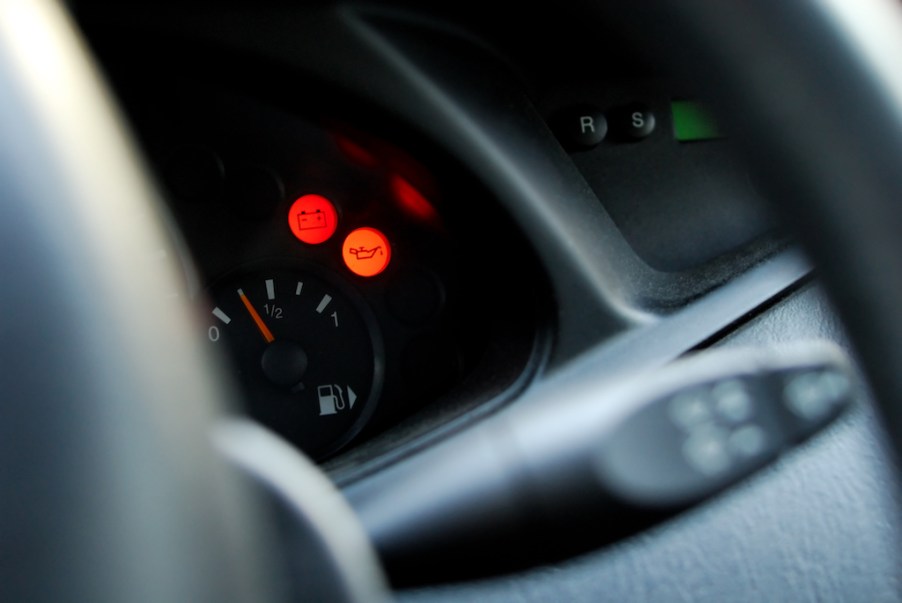
If Your Car Has These Warning Signs, Take It to a Mechanic Now
Owning and driving a car is a big responsibility. As a conscientious owner, paying attention to the way your vehicle behaves, sounds, and even smells is detrimental to keeping your vehicle operating well. While some issues are minor, others can indicate a costly disaster. Practice proper car maintenance habits by seeking the help of a mechanic when you notice the following warning signs.
Odors and smells
Cars aren’t really designed to smell great. But certain easily-detected odors and scents inside the vehicle could indicate a serious problem. Foul smells could mean the car is leaking signal oil or coolant. A burning rubber odor could mean a rubber hose is touching something it shouldn’t.
While these problems should be dealt with before more damage is done, beware of dangerous exhaust problems. If it smells like you’re standing behind the car, but you’re inside it, a problem in the exhaust system could leak noxious carbon monoxide into your cabin.
Warning and dashboard lights
When a vehicle starts, dashboard signals light up. This is the car computer’s way of checking to ensure everything is functioning. When a light stays lit up, a problem may exist. These lights connect to sensors that can tell you about the problem. The car is trying to tell you it needs help.
Many types of warning lights exist, but the ones you should pay the most attention to are “low oil pressure,” “check engine,” and “check oil” or “low oil-level.” Not only is the “check engine” light the most common warning signal, reports Your Mechanic, but it is also often the most troubling. Many problems can trigger the “check engine” light.
The best way to see what is triggering any warning light is to hook your vehicle up to a diagnostic scan tool that scans the computer to see where the problem lies. Because there are more than 200 possible warning codes, having a professional run the test is ideal.
Unwanted engine movement and noises
Even in older cars, your driving should be relatively smooth. Movements in your car like stalling, surging, and jerking are all strong indicators that your engine is having problems. These problems may include clogged fuel lines or fuel filter, issues with the computer, or misfiring spark plugs.
While a little noise under your running car’s hood is normal, proper car maintenance also means listening for unusual sounds. According to Pep Boys, “Knocking, backfiring, hissing, spitting and popping are all sounds we do not want to hear when we start our vehicles. These noises can occur when there is an abnormality in the combustion flow.” It’s important to find the source of the sound or movement and describe it to a mechanic.
Clouds of smoke
Where there’s smoke, there’s usually fire. And while your vehicle may not be on fire, smoke is not a good sign. The color of the smoke can be a clear indicator of the issue.
If you see white smoke exiting your tailpipe, it may be the result of antifreeze or water mixing with the fuel supply, which can lead to overheating. Blue smoke coming from the tailpipe means oil is escaping into the engine, where it’s being burned alongside your fuel.
If you see smoke coming from your hood, that usually means that white smoke coming from your tailpipe went unnoticed or unrepaired. According to How Stuff Works, this means your engine is overheating. Regardless, you should never ignore smoke.


